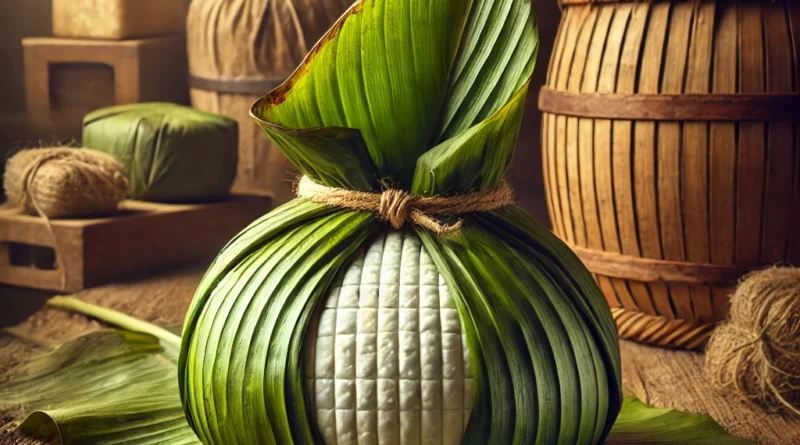The Ingenuity of Telde’s Merchants
The curious legend of the goat cheese and the banana leaves
In 16th-century Telde, trade was the heartbeat of the local economy. Among the town’s most valued goods was goat cheese, a staple food that, however, did not always delight foreign visitors due to its strong aroma. That’s when the clever merchants of Telde came up with a solution as ingenious as it was curious: wrapping the cheese in banana leaves and presenting it as an “exotic delicacy.” Fact or legend? This is the story behind one of the most intriguing tales of Canary Island commerce.
During the 16th and 17th centuries, Telde became an important trading hub on the island of Gran Canaria. Local merchants dealt in sugar, wine, and of course, goat cheese, an artisanal product made in the island’s rural areas. However, the cheese, known for its intense flavor and sharp scent, was not always well received by foreign sailors and traders.
According to legend, the merchants of Telde, aware of how the smell might put people off, decided to wrap the cheese in banana leaves. This was not only to protect it during transport but also to give it an exotic touch. They claimed the cheese, wrapped in these “magical” leaves, would give strength and vitality to those who consumed it during their long sea voyages. Although some buyers initially felt deceived when they discovered the cheese’s pungent aroma, many eventually came to appreciate its distinctive taste and nutritional value, turning it into a coveted product.
While there are no historical records confirming this particular tale, wrapping food in banana leaves was a common practice in the Canary Islands. Beyond its practical purpose, the story reflects the witty and humorous character of Canarian merchants, who knew how to make the best of challenging situations. This blend of truth and legend is part of the archipelago’s rich folklore, filled with stories that celebrate local creativity and charm.
The story of the goat cheese and banana leaves is just one example of the resourcefulness and inventiveness that defined Telde’s merchants. Whether entirely true or not, it remains a symbol of the imaginative spirit that continues to shape the cultural identity of the Canary Islands, a place where history and legend mingle in the most fascinating way.




